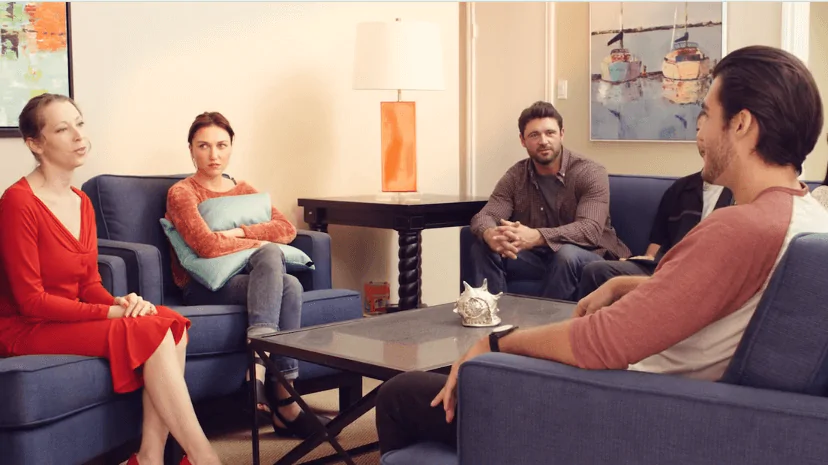24/7 Helpline:
(866) 899-221924/7 Helpline:
(866) 899-2219
Other Insurance Options

Medical Mutual of Ohio

Meritain

Access to Recovery (ATR) Voucher

Private insurance

Multiplan

AllWell

MHNNet Behavioral Health

Health Net

Optima

PHCS Network

Aetna

WellPoint

Anthem

Self-pay options

Humana

Group Health Incorporated

Magellan Health

BlueShield

BHS | Behavioral Health Systems

Optum



Creoks Mental Health Services
Creoks Mental Health Services is a private rehab located in Okemah, Oklahoma. Creoks Mental Health S...




















